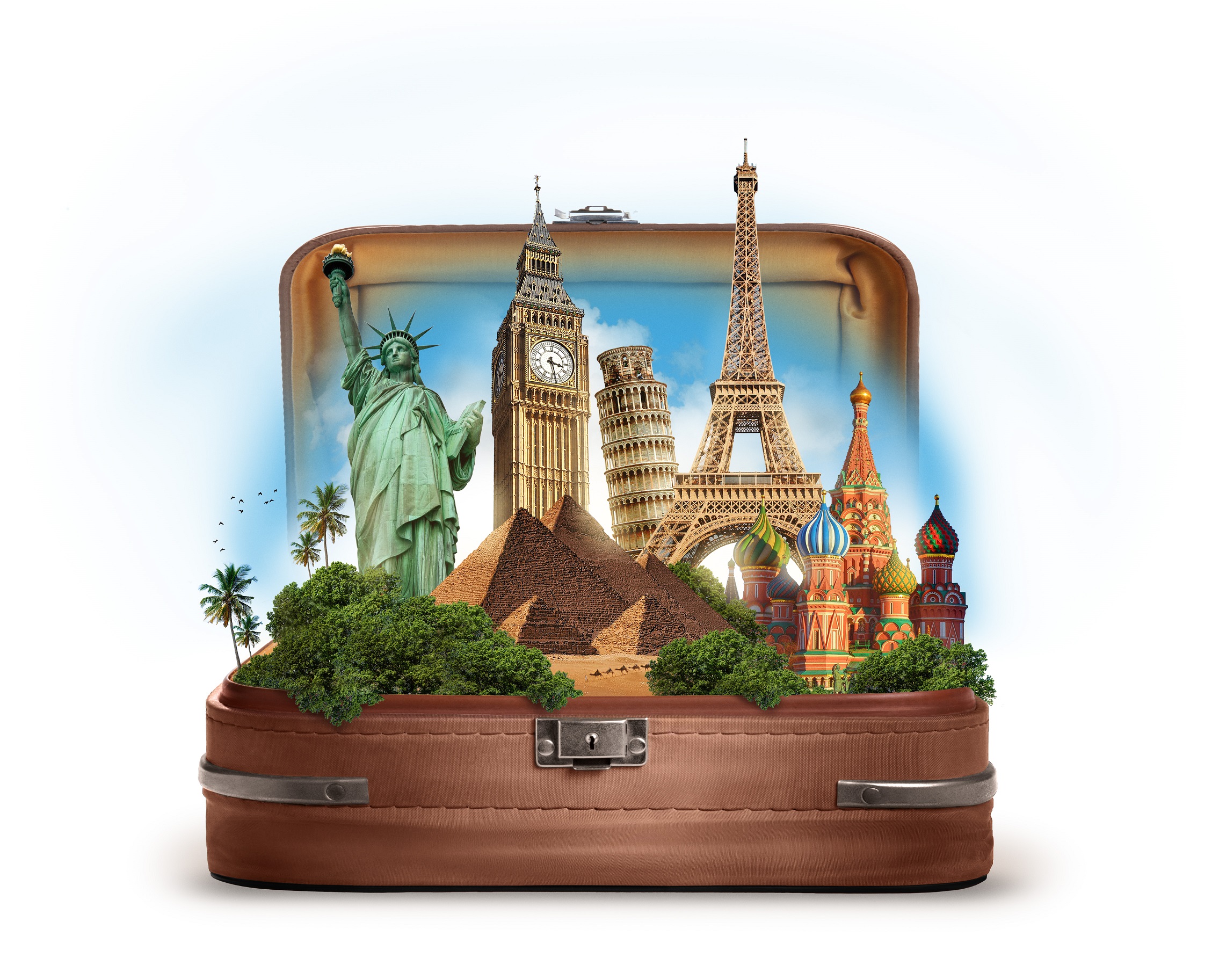
Traveling to new places expands our view, promotes personal development, and improves our perspective of the world.
I saw a text that reads, “Whenever a person stops traveling, life ends.”
It goes ahead to say, “When a person stops traveling, he becomes like a parked vehicle. His relevance is lost, and he begins to develop faults. His character begins to deteriorate; there’s a decline in his spiritual life, there’s a very false sense of satisfaction, etc.”
The text went as far as saying, “Such a person cannot be helped by God,” which can be easily disagreed with.

Traveling teaches us how to handle various situations, which is why it is like a road map to success. It can also inspire us to pursue our aspirations and reveal the things we truly love. Traveling to new place alone won’t make us successful, but it can certainly aid in achieving our objectives.
We must all travel a dynamic path toward success; it is not a static destination. It is understanding that life is like an unread book with so many pages.
Many of us have an insatiable need for knowledge and are not satisfied with the security of the known. Instead, we want the excitement of the unknown. We have to see the world as a big classroom where there are lessons to be learned around every corner. When we do, traveling becomes more than just a hobby, but an essential part of our success.
A distinctive kind and a page in our life story is traveling to study abroad. When we set out on this journey, our desire for knowledge and personal development expands to a worldwide level. Studying abroad pushes us into a world of new experiences and perspectives. It deepens our understanding and influences our future. And also acts as an important tool in our toolbox to help us achieve our life goals.
Our travels to new places teach us that every place has something unique to offer. Something that will broaden our views and leave a lasting impression on us.
The three most important things you would learn from traveling to new places, whether for study or leisure, are:
- Individualism
- Broadened Perspective
- Time Management
Individualism:
Traveling to new places would expose you to a variety of cultures and viewpoints, which would help you learn about individualism. People frequently have to rely on their own judgment and problem-solving abilities when dealing with new environments, which promotes independence. Interacting with individuals from various backgrounds foster self-exploration and the formation of an individual’s distinct identity.
Traveling would force you to move outside of your comfort zones, which helps to develop resilience and adaptability—two qualities that are essential to individualism. In addition, traveling exposes you to a variety of experiences that gives rise to personal development and a greater sense of self-awareness.
Broadened Perspective:
When you travel, you expand your perspectives through exposure to many cultures, habits, and lifestyles. Engaging with others from various backgrounds dispels stereotypes and creates a more informed understanding of the world.
Experiencing many cultures, languages, and environments promotes acceptance of diversity and an open mind. Also, traveling exposes you to new situations, which makes you adjust and value different points of view, which eventually results in a more accepting and internationally conscious outlook.
Time Management:
Effective time management is a requirement in our daily lives. It is also essential for travel since people have to manage a variety of activities, places, and schedules. The necessity to visit places of interest, meet up with flights, and adjust to different time zones greatly enhances time management abilities.
Prioritizing tasks, making quick decisions, and planning your schedules to maximize your short time in a new place are common experiences for travelers. Gaining experience in striking a balance between leisure, discovery, and needs when traveling to a new place can help you manage your time more effectively at home and in other situations. Here are other seven science-backed reasons that show traveling helps one succeed in life.
In conclusion, traveling to new places serves as a transformative journey that expands our horizons, promotes personal development, and enhances our global perspective. The quote, “Whenever a person stops traveling, life ends,” emphasizes the changing nature of life and the continuous need for exploration. Although suggesting that a person stops receiving help from God when they cease traveling may be an exaggeration, it underscores the significant impact of exploration on one’s character, spirituality, and overall satisfaction.
Also, the lessons we get from traveling—whether for leisure or academic purposes—go beyond geographical boundaries. As we accept the path to success, we understand that life is an ongoing exploration, and the lessons we learn along the way help us shape our own stories in new ways.
Oluchi Ugoma
Ugoma Oluchi is a Communications Strategist with over two years experience and is actively engaged in digital media and brand management. She is passionate about advancing brand messaging and promoting effective communication strategies. Oluchi is also a creative writer who uses her words as a private sanctuary for unrestricted self-expression. She endeavors to utilize her writing as a thoughtful decision-making tool and draws inspiration from diverse sources to infuse her work with poetry. Beyond her professional pursuits, she derives pleasure from immersing herself in diverse cultures, engaging with the arts, and delving into literature.




















